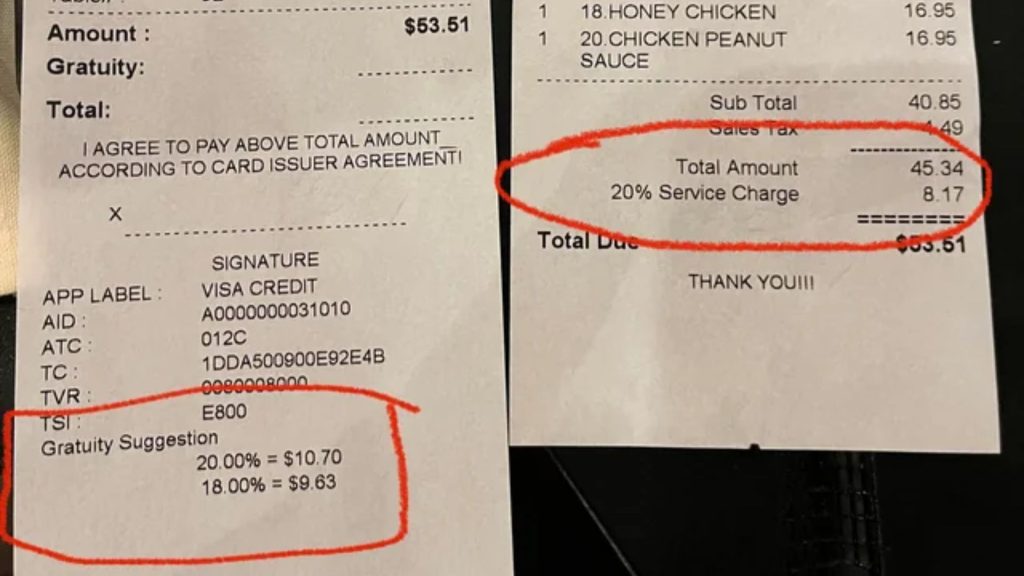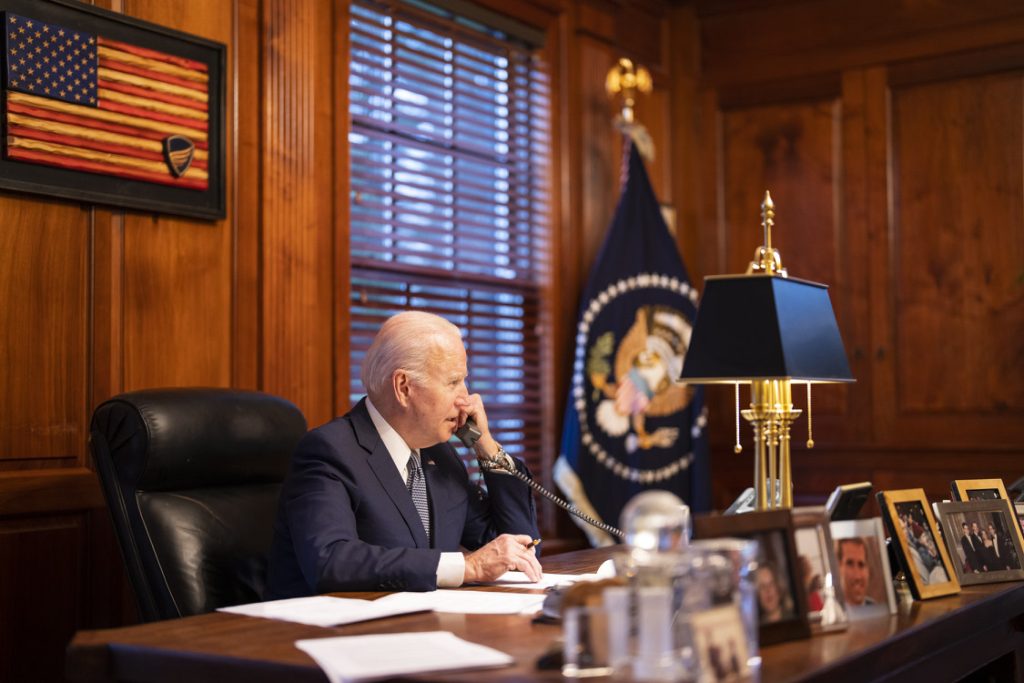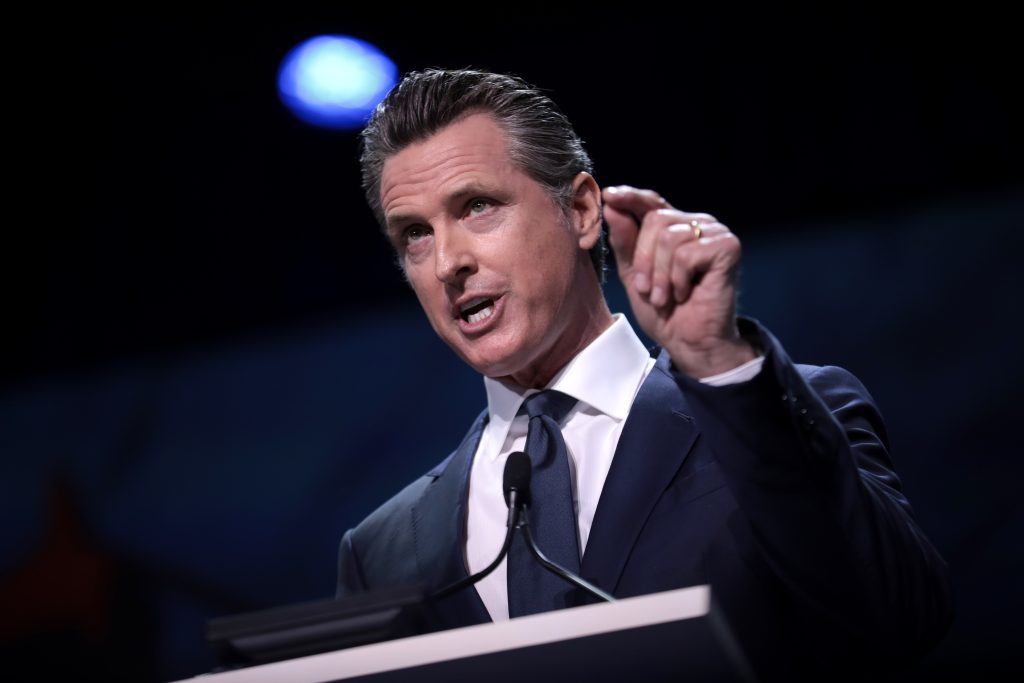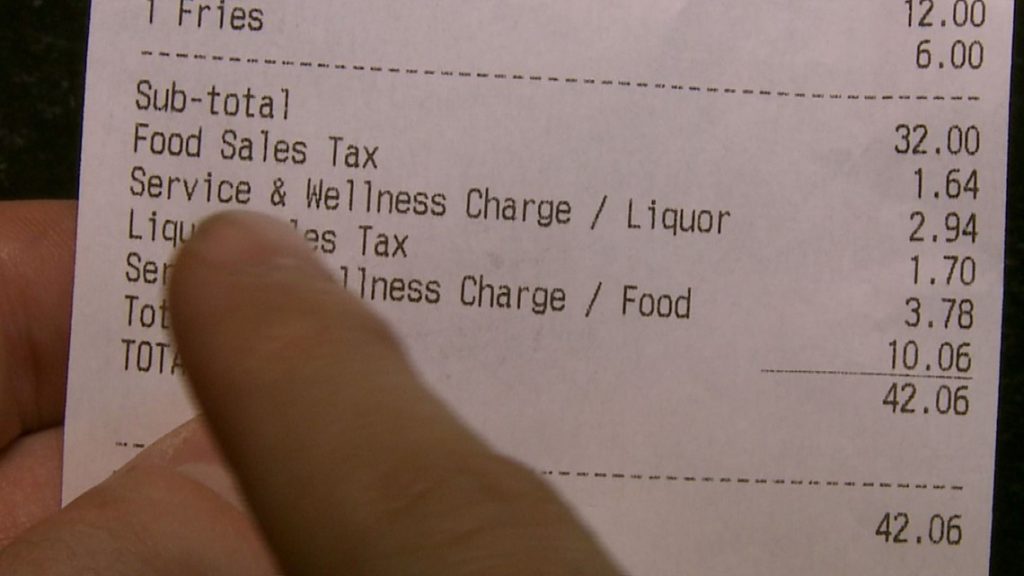California’s restaurant industry has undergone major changes in 2024. Namely, the minimum wage hike to $20 per hour sent fast food franchises into a spiral. But a new law that will go into effect in July of this year threatens to rock the boat once again.

On July 1, a ban on “junk fees” will go into effect in California. The law aims to combat many of the hidden fees that have popped up on receipts at restaurants over the past few years. Essentially, no fee outside of taxes would be prohibited to appear on the bill.

The Attorney General’s Office claimed they would release an FAQ (frequently asked questions) list on May 1, but the list never materialized, which leaves some restaurant owners hopeful that some exceptions will be made to the new rule.

The restaurant industry has grown to be reliant on some of these hidden fees, such as the mandatory service charge. They implemented these fees in an effort to supplement employee wages in addition to the optional tips.

California Governor Gavin Newsom signed the bill into law in October 2023 and business owners have been anxiously awaiting details so they may reconfigure longstanding financial practices to accommodate the drastic change.

While there is still much uncertainty about the specifics of the law and which businesses it will be applicable to, one thing is clear. The Biden administration as well as Newsom and the other officials who pushed the bill want to eliminate hidden fees and “drip pricing”.

“Drip pricing” is the term that refers to a business advertising a price that is actually less than what the consumer will have to pay. Government taxes and shipping fees are the only exceptions.

However, there have been discussion about allowing service fees as long as they are clearly disclosed on the menu clearly. Thus, consumers know that they will expect an additional fee on their good or service before purchasing.

Naturally, many restaurant owners are worried about how this will affect their business, which have become largely reliant on some of these fees to pay their employees. For instance, may restaurant owners add a mandatory service fee of 20% to the bill. This is meant to replace the tipping option and guarantees that the restaurant can offer a higher hourly wage for workers.

Ryan Cole, owner and operator of 6 restaurants in the Bay Area explained his distress, “You can’t pay that high of an hourly rate unless you charge a service charge. You’re basically reverting back.. now you’re hustling for tips”.





